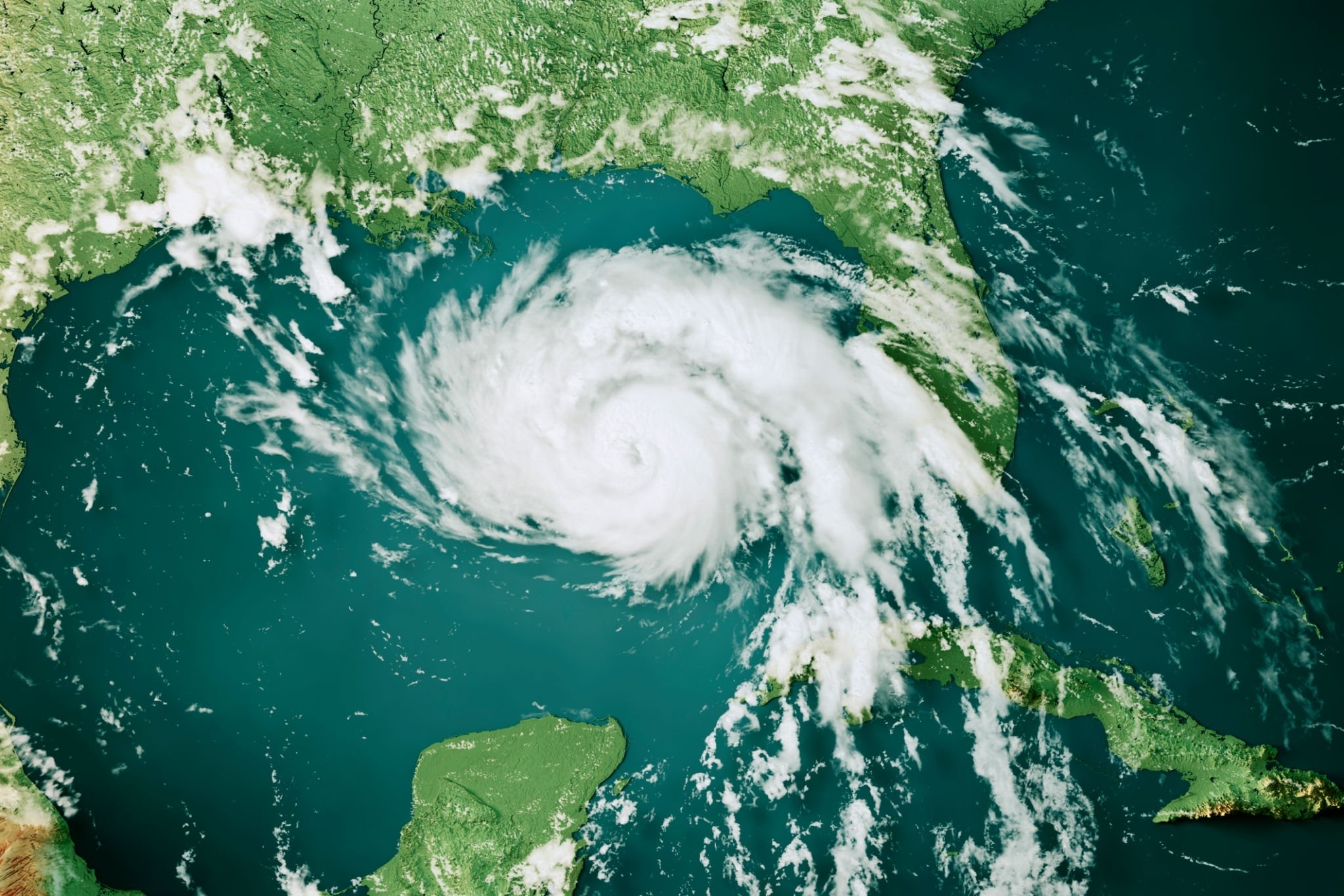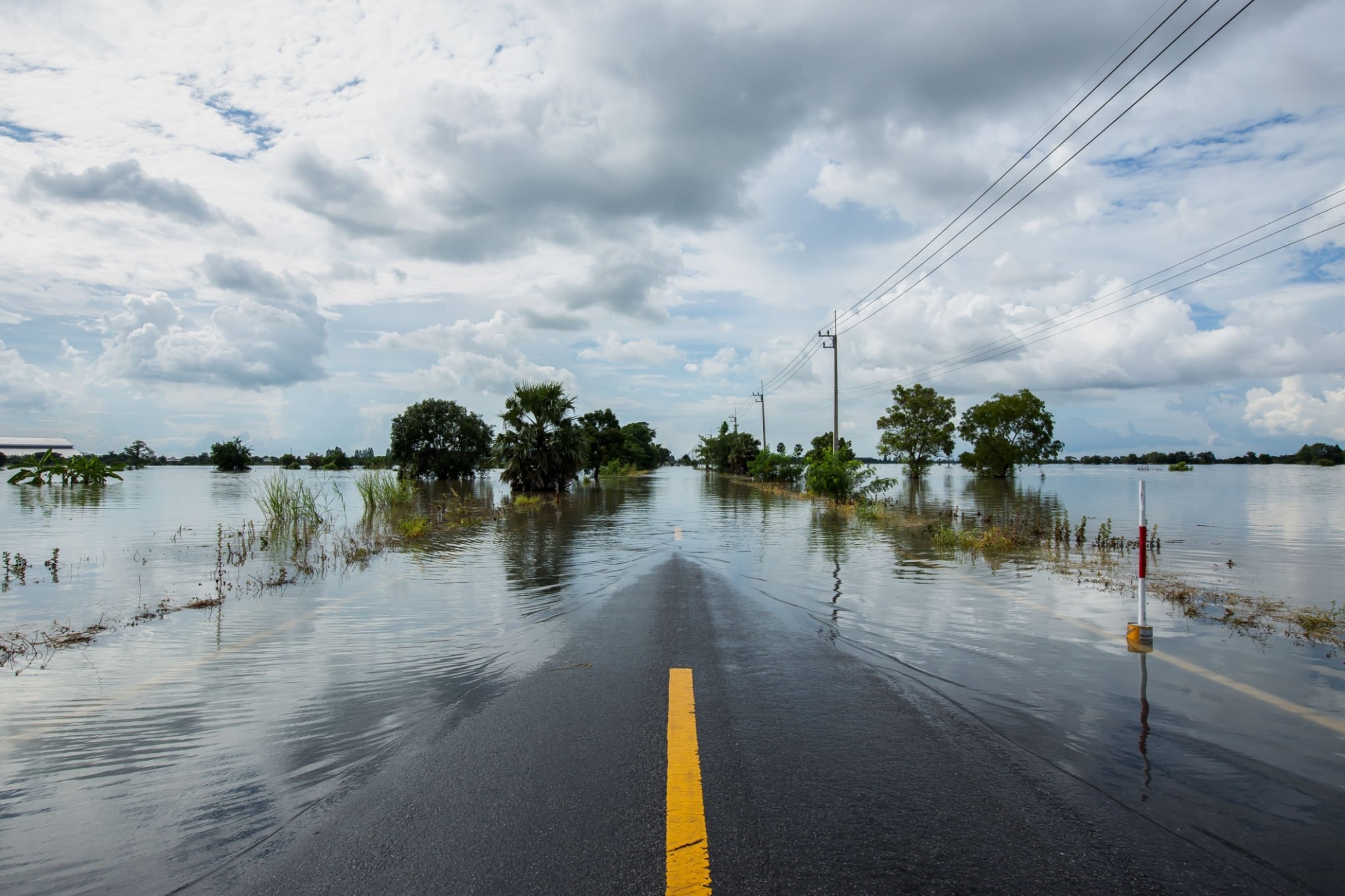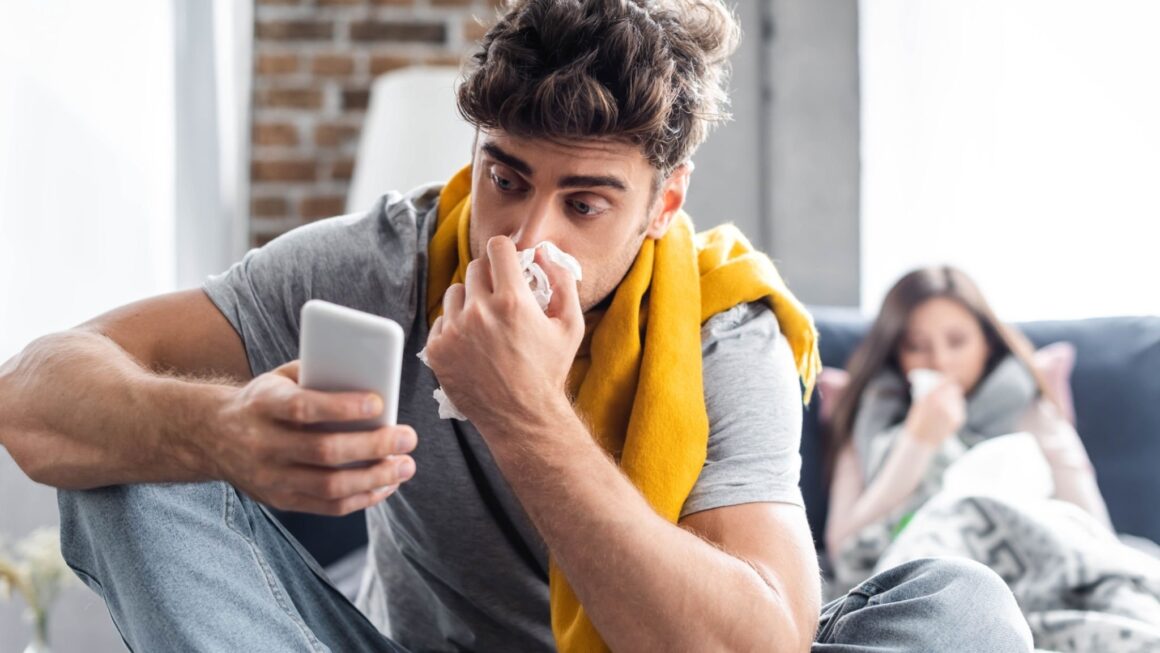
Climate change is a major issue that affects all of us, but it’s often not discussed in medical terms. This means that many people don’t know how climate change affects their health or what they can do to protect themselves.
In this blog post, we’ll go over some of the ways climate change impacts human health and what you can do to protect yourself.
Climate change is causing worldwide health problems
Climate change is causing worldwide health problems. It’s a threat to human health, global health, and public health. Climate change threatens to increase the burden of disease by worsening existing conditions such as malnutrition, poor sanitation, and water quality, or creating new risks such as mosquito-borne illnesses from standing water after heavy rains or flooding.
Healthcare professionals understand how climate change can affect patient care and well-being in their communities, however many do not know about ways we can prepare for these changes before they occur.
Climate change affects people of all ages, social classes, and genders
Climate change affects everyone. It affects people of all ages, social classes, and genders. People in different parts of the world are impacted by climate change differently.
The impacts may be more severe for some people than others because they live in a region that is particularly vulnerable to climate change or because they have a specific lifestyle that makes them more susceptible to its effects (for example farmers tending livestock).
Climate change can also affect different countries differently based on their economic status, political systems, and history of environmental policymaking, and even individual cities within those countries will respond differently if their local governments decide to take action against it (e.g., by changing transportation patterns).
Climate change and health are closely linked

Climate change and health are closely linked. As the world’s population continues to grow, we’re exposed to new risks that weren’t present before. For example, heat waves have become more frequent and intense over time, and this is something that can impact your health.
We’ve also seen an increase in pollution-related diseases like asthma and lung cancer as well as pests like fleas and ticks due to warmer temperatures.
These changes have had an impact on our environment, which affects our health directly or indirectly through increased exposure to air pollution (like smog).
Climate change has a significant impact on human health
Climate change has a significant impact on human health. As a result, it poses a threat to both public health and human well-being.
Climate change is likely to cause serious adverse effects on human health and well-being, including:
- Health impacts arising from air pollution caused by climate change (including asthma attacks and respiratory problems)
- Increased heat stress from higher temperatures in summer months or winter cold snaps can lead to illness, injury, or death for those who work outdoors during extreme weather events such as heat waves or blizzards
New risks to public health have been identified that may not have been evident before
- Climate change is a major contributor to these new risks and has the potential to impact your health in ways we haven’t yet imagined.
- There are actions you can take now to reduce your risk of becoming sick from climate change-related conditions like heat stroke or skin cancer, or more common diseases such as heart disease and asthma.
For example: if you are at risk for heart disease because of smoking or exercise habits, there are steps you can take now (such as quitting) that will help keep your risk down over time, however, if those behaviors continue then eventually they could lead directly into coronary artery disease, and this type of event can be deadly when untreated!
Another example: People living along coastlines may be especially vulnerable because they live near saltwater bodies like oceans, if the sea level rises due to climate change then ocean water could enter inland areas where people live causing saltwater intrusion into pipes leading directly into people’s homes causing serious damage including mold growth which causes respiratory issues among other things depending on how serious these effects become.
To protect your health, become informed about the risks of climate change to our health
- Know the risks.
- Take action to reduce your risk.
- Be prepared for the worst.
- Be aware of your surroundings, and be prepared to respond to emergencies or an unexpected change in your lifestyle (for example, if you live on low ground that could flood when it rains heavily).
Conclusion
Climate change is a significant threat to human health. We must understand the risks, and take action to protect ourselves from them.












